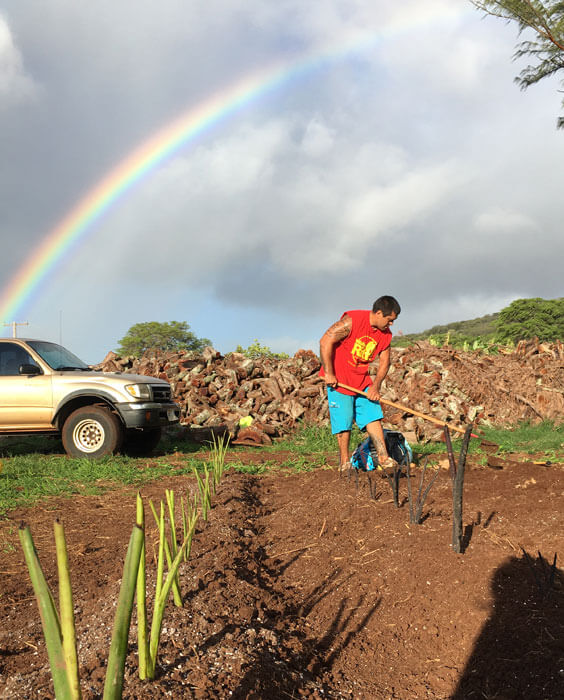Overview
An effective and inclusive conservation field is critical to achieving the Environment Program's objectives. Protecting wildlife habitat at the necessary scale requires resources beyond what private foundations alone can provide, so we support efforts to increase public funding for conservation. We also seek to foster a strong community of organizations focused on land protection, as we rely upon non-profit land trusts to permanently protect high-priority wildlife habitat and collaborative partnerships to conserve land at scale.
An equitable conservation workforce reflecting the racial and ethnic diversity of our country is essential to building a field that considers the impact of its work on all communities, builds an effective and just environmental movement, and benefits from a wider spectrum of perspectives and creative thinking. As such, we also support a number of initiatives focused on increasing diversity, equity and inclusion in the conservation field, with particular scrutiny of the longstanding need for systemic change within the field and the necessity of more inclusive practices.
Strategy
- Diversifying the conservation field. We seek to support a more diverse, equitable and inclusive conservation field. To that end, we launched the Doris Duke Conservation Scholars Program in 2013 to support the next generation of diverse, environmental conservation professionals. In 2020, we launched the Building an Inclusive Conservation Movement Program to help create a more equitable and inclusive conservation field by supporting environmental organizations led by and serving those who identify as Black, Indigenous and people of color in the sector. During the same year, we launched the Diversity, Equity and Inclusion Capacity Building Program, a grant competition to support conservation organizations which had already demonstrated a commitment to diversity, equity and inclusion to build their resources and effectiveness in these efforts. We have also provided support for convening for communities who identify as Black, Indigenous or people of color, including the PGM One Summit.
- Increasing public conservation funding. Achieving the protection of wildlife habitat at the necessary scale requires resources beyond what private foundations can provide. Significant public investments in land conservation are also needed. With that understanding, we support the Conservation Finance Initiative, a joint project of the Trust for Public Land and The Nature Conservancy that aims to increase public funding for wildlife habitat conservation in the United States.
- Building the capacity of the land trust community. Through our land capital grantmaking, we rely upon non-profit land trusts to secure interests in land from private landowners to permanently protect high-priority wildlife habitat. In addition, we aim to support the land trust community to both adapt to and combat climate change in their land conservation through support to the Land Trust Alliance.
- Building a collaborative landscape conservation community. Achieving conservation at the necessary landscape scale requires broad-based, community-grounded collaboration and thus requires investments in the capacity of collaborative partnerships to succeed. We seek to help build a community of effective and enduring partnerships as a key strategy to address conservation challenges, through our support for the Landscape Conservation Catalyst Fund, a national re-granting program managed by the Network for Landscape Conservation.
In response to political efforts to dismantle bedrock environmental laws and to privatize and repurpose public lands, in 2017, the Environment Program made a number of rapid-response grants focused on defending the integrity of science, communicating across difference and broadening the set of stakeholders on conservation issues.


